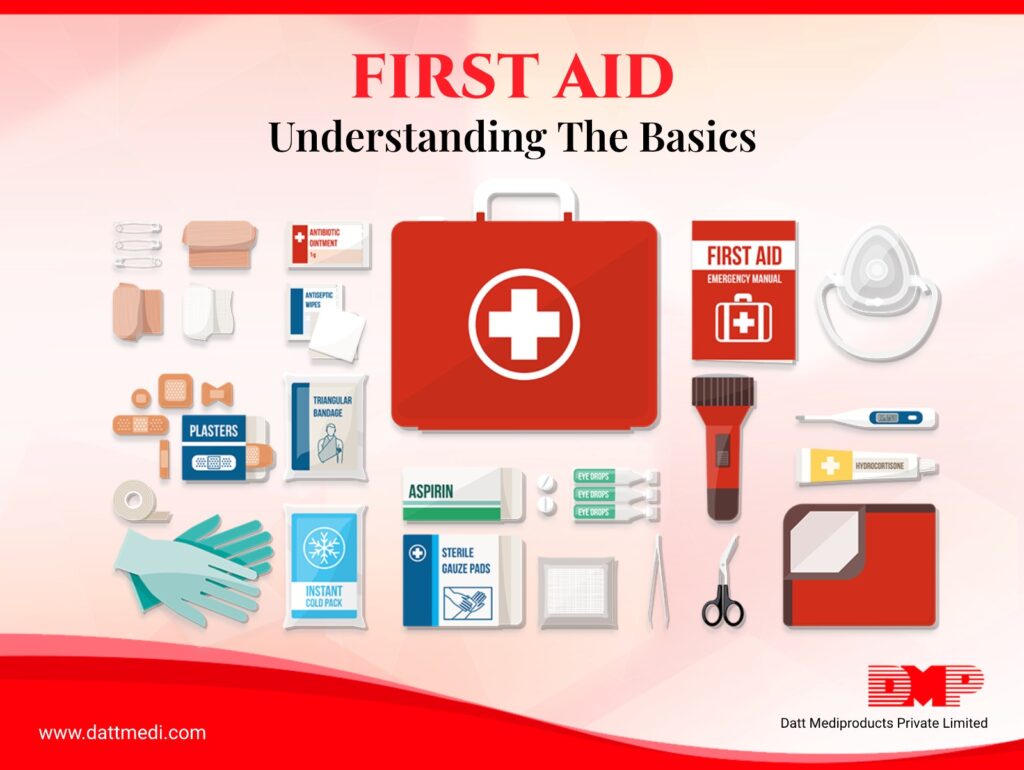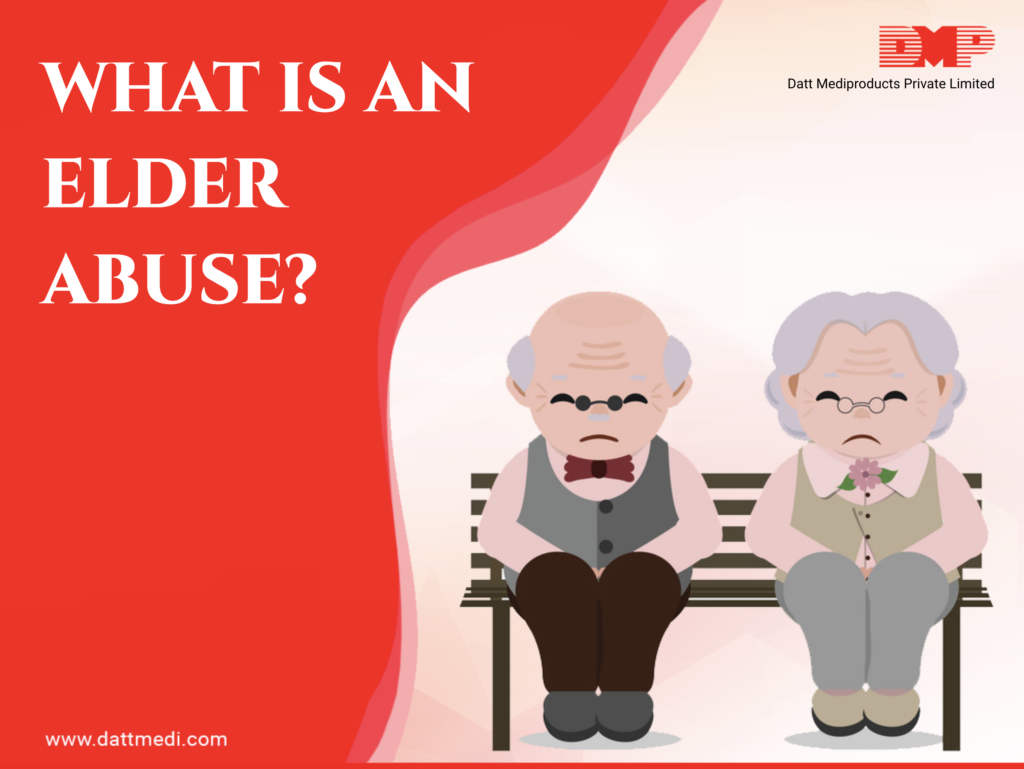
“First Aid” attributes to any immediate treatment procedure or technique, used to save the life of an injured person. As per the Collins Dictionary, “First aid is defined as a simple medical treatment given as soon as possible to a person who is injured or who suddenly becomes ill.”
Most of the people, even without medical experience, can be trained to perform these procedures.
First aid is important at the scene of an emergency but it is not a medical treatment, neither can it replace the interventions from a trained medical professional.
- First Aid aims at preserving life, preventing further harm and promoting recovery.1. Saving a Life is the vital aim of first aid. Do you know that 70% of heart attack deaths occur before reaching the hospital?
2. Achieving the second aim is also important as the patient needs to be kept stable so that the condition doesn’t get worse before any medical services reach the destination. This includes putting pressure on the wounds, stopping the bleeding, applying other first-aid measures, etc.
3. Promoting recovery may include applying the bandage to the wound or other steps.
- The ABC of First Aid:
It refers to Airway, Breathing, and Circulation.
The ABC of the first aid must be carried out in the respective order. Sometimes the first aider needs to perform 2 steps together also.
1. AIRWAY: Airway must be cleared. Any obstruction including the dentures must be removed. Choking can be fatal to the injured person.
2. BREATHING: Once the airways are cleared, the person must be checked if he is breathing or not. The chest and the mouth must be examined for any signs of breathing. If it is determined that the person can’t breathe, rescue breathing must be provided.
3. CIRCULATION: If the person is not breathing, chest compressions must be performed straight away. It helps in promoting circulation. Pulse rate also needs to be checked in emergency situations.
4. Some organizations include applying DEFIBRILLATION to the heart or applying to dress on the DEADLY BLEEDING wounds as the 4th stage of the first aid process. Some others consider it as a part of the 3rd stage.
- CPR may also be performed. It stands for cardiopulmonary resuscitation and helps to retain the flow of oxygenated blood. Hearing cracking sounds during chest compressions is normal.
- After ensuring safe breathing of the person in an emergency situation, the first aider also needs to carry out a quick whole-body check-up. This includes checking for any deformities, open wounds, or swellings. 1092/102/108 are the emergency telephone numbers for Emergency Medical Services (EMS).
The Indian Red Cross Society:
There are a number of educational training programs and workshops being conducted by the Indian Red Cross Society. IRCS is a part of the International Red Cross and Red Crescent Movement and First Aid are one of the crucial activities of the society.
The society has conducted 3 First Aid trainings in Delhi HQs with the help of funding agencies, All India Institute of Medical Sciences (AIIMS), Delhi and Magen David Adom (MDA), Israel to create master trainers.
The Phoenix Institute of CPR and Defibrillation is an International Training Center (ITC) of the American Heart Association (AHA) providing certified courses in Basic Life Support (CPR and Defibrillation) and Advance Cardiac Life Support (ACLS).
We @DattMediproducts understand the importance of First Aid Training so that you can help someone if they ever need it.
Be Trained, Save Lives!




